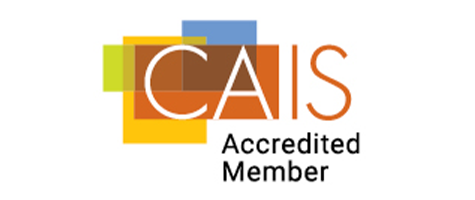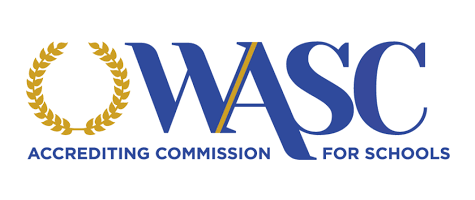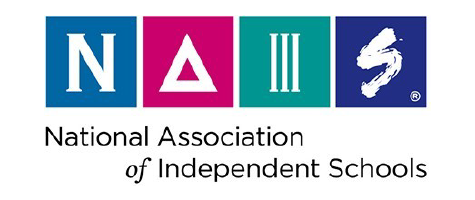 This seminar will focus on the complex climate challenges posed by the substantial benefits of energy consumption. Well-being varies strongly with energy consumption, resulting in an enormous gap between low- and high-consuming populations. This energy poverty creates tremendous exposure to climate-related stresses such as droughts, floods, heat waves, and intense storms. The fact that pathways for closing the energy gap are likely to result in substantial climate changes, via the emission of greenhouse gases (GHGs), also creates critical tensions between development priorities and climate policies. For example, one paradox is that apparently the most attainable means for an impoverished individual or country to decrease its aggregate climate stress is to increase the release of GHGs to the atmosphere.
This seminar will focus on the complex climate challenges posed by the substantial benefits of energy consumption. Well-being varies strongly with energy consumption, resulting in an enormous gap between low- and high-consuming populations. This energy poverty creates tremendous exposure to climate-related stresses such as droughts, floods, heat waves, and intense storms. The fact that pathways for closing the energy gap are likely to result in substantial climate changes, via the emission of greenhouse gases (GHGs), also creates critical tensions between development priorities and climate policies. For example, one paradox is that apparently the most attainable means for an impoverished individual or country to decrease its aggregate climate stress is to increase the release of GHGs to the atmosphere.
With the Sustainable Development Goals, the UN Paris Agreement, and national and non-state commitments to reach net-zero emissions within the next 3-4 decades, there is now ambition and urgency to transition to a low-carbon energy system while simultaneously increasing energy supply and access, and adapting to continued climate change. What is known and unknown about how to do all of those simultaneously will be discussed.
Dr. Noah Diffenbaugh is the Kara J Foundation Professor and Kimmelman Family Senior Fellow at Stanford University. He studies the climate system, including the processes by which climate change could impact agriculture, water resources, and human health. Dr. Diffenbaugh has served the scholarly community in a number of roles, including as a current Editor of the peer-review journal Earth’s Future, and as Editor-in-Chief of the peer-review journal Geophysical Research Letters from 2014-2018. He has also served as a Lead Author for the Intergovernmental Panel on Climate Change (IPCC), and has provided testimony and scientific expertise to Federal, State and local officials. Dr. Diffenbaugh is an elected Fellow of the American Geophysical Union (AGU), and is a recipient of the James R. Holton Award and William Kaula Award from the AGU, and a CAREER award from the National Science Foundation. He has been recognized as a Kavli Fellow by the U.S. National Academy of Sciences, and as a Google Science Communication Fellow.
All of the events in the series will be offered via Zoom. Tickets are available for a suggested donation of $20, and can be ordered via the speaker series website, sdgspeakerseries.org.
[pp-btn style=”primary” size=”standard” pill=”true”]Register![/pp-btn]





